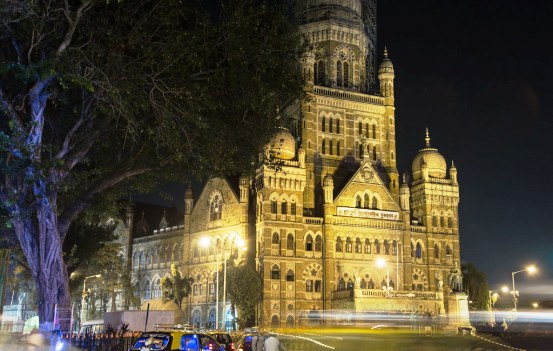Khushi Doshi
Published on: March 15, 2022 at 17:36 IST
The Bombay High Court asked the Brihanmumbai Municipal Corporation to respond to a question about whether there is a Policy in Place for Eateries and Food Outlets that do not have required Licences and instead operate through Food Delivery Services.
The Petitioner, the Indian Hotel and Restaurant Association, informed the Court that food Delivery Companies such as Swiggy, Zomato, and Dunzo, among others, are Allegedly delivering food from illegal eating establishments to Customers.
The Complaint claimed that food delivery application was picking up food from Home-based Outlets that did not follow Fire Safety Guidelines, among other Violations of the Mumbai Municipal Corporation (MMC) Act.
A Division Bench of Justice A A Sayed and Justice Abhay Ahuja refused to issue a blanket Injunction against food delivery Service Providers and asked the Petitioner to include some of the Unlicensed Eateries as Parties to the Case.
The Petitioner Association claimed that its members had invested Lakhs of Rupees in their Restaurant Businesses and had obtained all required Licences in accordance with Statutory Rules from time to time.
During the Covid-19 lockdown, however, a few Unlicensed and Illegal eating establishments increased their Business Activities, and new illegal eating establishments were established across Mumbai, according to the Plea.
The Association claimed that despite writing to relevant Authorities, no action was taken against such Outlets, so it filed a Writ Petition in the High Court.
When the Court asked why the Petitioner Association did not file a PIL instead of a Writ Petition, Advocate Veena Thadani for the Association stated that the Plea was in the Private Interest of only Licenced restaurants and no one else was involved, so it was a Writ Plea.

